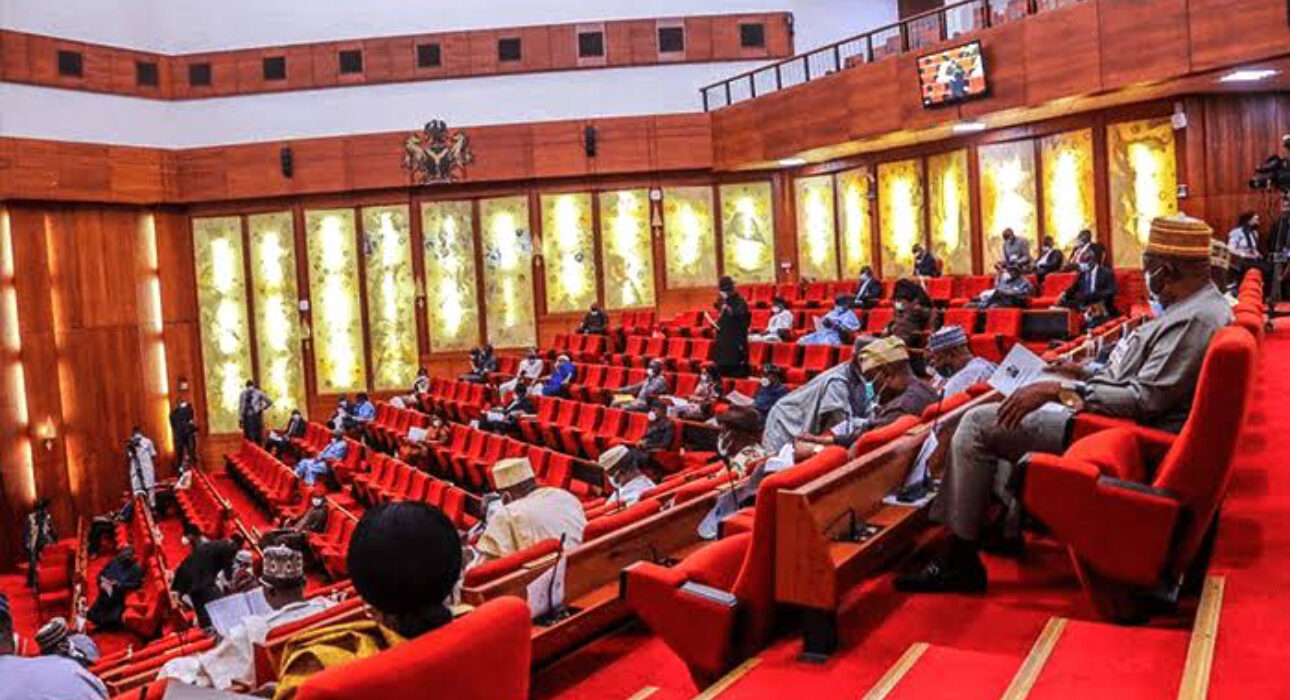Bill for Mandatory Use of Nigerian Made Vehicles By Government Agencies Passes Second Reading at the Senate

The Senate has passed after second reading, a bill that seeks to compel all Ministries, Departments, and Agencies (MDAs) to prioritize the purchase and use of Nigerian-made vehicles.
Sponsored by Senator Patrick Ndubueze (APC, Imo North), the proposed legislation, known as the Local Automotive Industry Patronage Bill, 2025, aims to strengthen the country’s manufacturing sector and stimulate economic growth by encouraging the use of locally produced vehicles.
The bill outlines specific requirements for vehicle procurement by government bodies, including:
• At least 75% of all official vehicles purchased by MDAs must be fully manufactured in Nigeria, not just assembled.
• Qualifying local manufacturers must employ at least 70% Nigerian workforce.
• Companies must invest at least 75% of their research and development budget within Nigeria.
• Manufacturers must possess full-scale technological capabilities, including advanced robotic painting systems and electrophoresis technologies.
Presenting the bill on the Senate floor, Senator Ndubueze emphasized the need to strengthen local production, create jobs, and stabilize the naira.
He highlighted the concerning trend of automobile manufacturers relocating to neighboring countries like Ghana due to foreign exchange challenges and infrastructure deficiencies in Nigeria.
“This bill is not just about promoting made-in-Nigeria products, but about securing our economy and creating employment for our citizens.
“It is a critical step toward reducing our dependency on imports and enhancing our industrial capacity,” Senator Ndubueze stated.
The lawmaker further explained that a vibrant local automotive industry could help Nigeria reduce the outflow of foreign exchange, encourage technological innovation, and attract foreign investment into the manufacturing sector.
The bill received strong backing from other senators during the debate.
Senate Chief Whip Tahir Monguno noted that formalizing this requirement through legislation would solidify existing Federal Executive Council directives on local procurement, making them less vulnerable to policy reversals by future administrations.
Deputy Senate President Barau Jibrin also expressed support, highlighting the potential for the bill to create thousands of jobs for Nigerian engineers and technicians, while encouraging local technological advancements.
Following its successful second reading, the bill has been referred to the Senate Committee on Public Procurement for further consideration.
The committee is expected to conduct public hearings and present its findings to the full Senate within four weeks.
If passed into law, the bill will align with the federal government’s broader “Nigeria First” policy, introduced earlier this year, which prioritizes the procurement of Nigerian-made goods and services across all public institutions.
Industry experts believe that the bill, if enacted, could significantly transform Nigeria’s automotive landscape by encouraging the establishment of more local manufacturing plants, reducing import dependency, and supporting the growth of small and medium-sized enterprises in the supply chain.
“This legislation will not only reduce our import bill but also strengthen our local currency and industrial base,” said one industry analyst.
The move is also expected to create a more favorable business environment for companies like Innoson Vehicle Manufacturing (IVM), Nigeria’s largest indigenous carmaker, and attract further investment into the sector.








